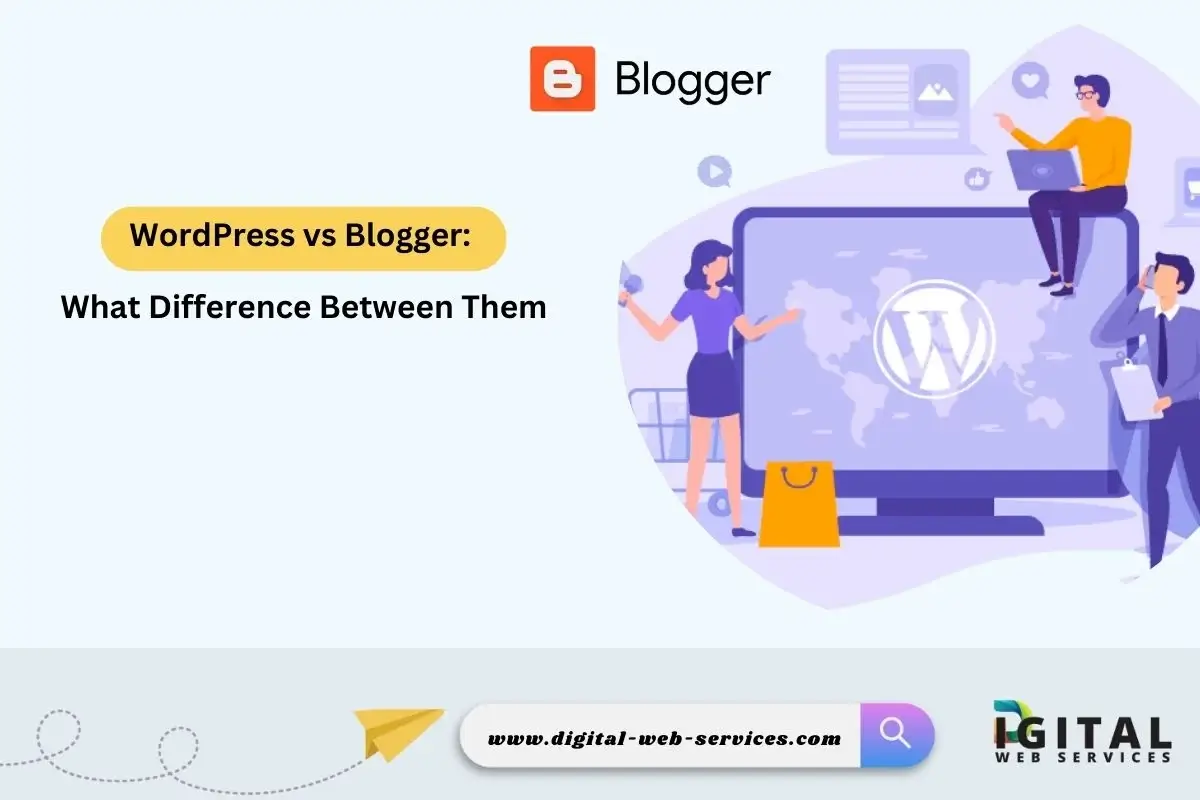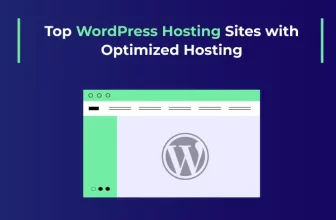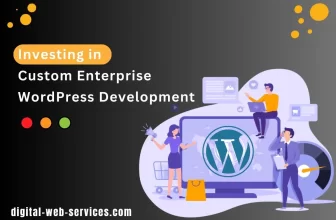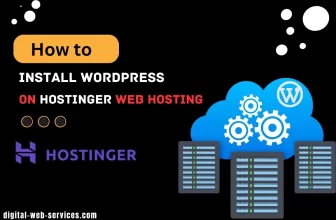
When it comes to starting a blog, two popular platforms come to mind: WordPress vs Blogger. Both offer unique features, but which one is right for you? In this comprehensive comparison, we’ll break down the pros and cons of WordPress vs Blogger, focusing on factors like ease of use, customization, SEO, and monetization.
WordPress vs Blogger: A Detailed Comparison
If you’re new to blogging or considering a switch, this WordPress vs Blogger guide will help you make an informed decision. Both platforms cater to different needs, so understanding their strengths and weaknesses can be crucial for your blog’s success.
WordPress vs Blogger: Overview of Features
WordPress Features vs Blogger Features
WordPress is known for its flexibility, scalability, and thousands of plugins, making it ideal for users who want full control over their site. On the other hand, Blogger is a Google product, offering a simpler interface that’s perfect for beginners but with limited customization options.
| Feature | WordPress | Blogger |
|---|---|---|
| Customization | Highly customizable with plugins and themes | Limited customization |
| Ownership | Full control (WordPress.org) | Hosted by Google |
| Monetization | Easy integration with ads and eCommerce | Limited monetization options |
| SEO Capabilities | Advanced SEO plugins like Yoast SEO | Basic SEO with Google integration |
Which is Better for Blogging: WordPress or Blogger?
Blogger vs WordPress for Beginners
For beginners, Blogger is often considered easier to use due to its straightforward setup. With just a Google account, you can start a blog in minutes. WordPress, however, offers a more advanced platform that might seem overwhelming at first but provides much more flexibility and power as your blog grows.
Ease of Use Comparison: Blogger vs WordPress
- Blogger is ideal for those who want a simple, no-frills blog that requires minimal technical skills.
- WordPress, especially WordPress.org, offers greater freedom but requires some basic understanding of web hosting and themes.
SEO Performance: WordPress vs Blogger
Blogger vs WordPress SEO
When it comes to SEO performance, WordPress is the clear winner. With plugins like Yoast SEO and built-in optimization tools, WordPress allows users to fully optimize every aspect of their blog for search engines. Blogger is integrated with Google, but it doesn’t offer as much flexibility or control over SEO settings.
Key SEO Considerations:
- WordPress gives you full control over meta tags, headings, and keywords.
- Blogger has basic SEO capabilities but lacks the depth of customization.
WordPress vs Blogger: Customization and Design
Customization in WordPress vs Blogger
WordPress offers thousands of free and premium themes and plugins, giving users endless possibilities for customizing their blog’s appearance and functionality. Whether you want to add eCommerce features, create a portfolio, or simply adjust your blog’s layout, WordPress has a plugin for it.
Blogger, however, is limited in customization. While there are some free templates available, the options for adjusting the design or adding advanced features are significantly fewer compared to WordPress.
Blogger vs WordPress for Making Money
Monetization Options: WordPress or Blogger?
If you plan to make money from your blog, WordPress is the better choice. It allows you to integrate with Google AdSense, affiliate marketing, and even set up an online store using WooCommerce. You own your blog entirely on WordPress.org, which makes monetization much easier and more effective.
Blogger, while compatible with AdSense, doesn’t offer the same level of control over ad placements and revenue streams. This limits your ability to maximize your blog’s earning potential.
WordPress.org vs Blogger: Which One Should You Choose?
WordPress Free vs Blogger Free
Both platforms offer free options, but there are key differences:
- Blogger is completely free and hosted by Google, which means you don’t have to worry about hosting fees.
- WordPress.org is technically free, but you’ll need to pay for hosting and a domain name. However, this small investment unlocks an array of powerful features and customization options.
Pros and Cons of WordPress vs Blogger
WordPress Pros:
- Full control over your website and content.
- Endless customization with plugins and themes.
- Strong SEO capabilities with Yoast SEO and other tools.
- Great for growing blogs and businesses.
WordPress Cons:
- Requires a bit more technical knowledge, especially for setup.
- Hosting and domain fees can add up.
Blogger Pros:
- Completely free and easy to set up.
- Hosted by Google, so no need for external hosting.
- Simple interface for beginners.
Blogger Cons:
- Limited customization options.
- Basic SEO functionality.
- Harder to monetize effectively.
Final Verdict: WordPress or Blogger
When deciding between WordPress vs Blogger, it ultimately comes down to your blogging goals:
- Choose WordPress if you want a scalable, customizable, and professional blogging platform with strong SEO and monetization options.
- Choose Blogger if you’re a beginner looking for a free, simple way to start blogging without the need for technical skills.
For most bloggers, especially those looking to grow or monetize their site, WordPress is the better option due to its flexibility and advanced features.
H2: FAQs: WordPress vs Blogger
1. Is WordPress better than Blogger for SEO?
Ans: Yes, WordPress has advanced SEO plugins and more control over optimization than Blogger.
2. Can I switch from Blogger to WordPress?
Ans: Yes, you can migrate your content from Blogger to WordPress using tools designed for this purpose.
3. Is Blogger good for a business blog?
Ans: While Blogger is easy to use, WordPress is more suitable for a business blog because of its customization and eCommerce capabilities.
4. Which platform is more cost-effective?
Ans: Blogger is free, but WordPress.org offers more value in the long run if you want to grow your blog or make money from it.
Maria is a digital marketing expert specializing in SEO, paid marketing, social media, affiliate marketing, and WordPress. She is passionate about driving online growth and works with businesses to optimize their digital strategies for greater success in today’s competitive online market.










